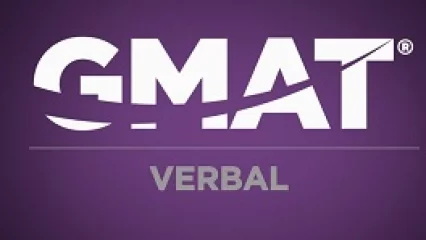The first thing you need to realise is that it’s very important to read every day. It’s really simple – you need to read as much as you can and it’s important what you read too. It is recommended that you read media like The New York Times, The Economist, The Atlantic Monthly, The New Yorker, MIT Technology Review, etc. These news sources are the types of texts the professors who will score you are reading, but also similar to the texts you are going to read on the GMAT exam as well. So, go online, read a couple of articles every day and don’t just be a passive reader. You want to actively engage with what you are reading. This means you must do a couple of things.
Check out: How Important Is English Grammar for Your GMAT and GRE Scores?
When you read, try to figure out the main points. Then, figure out the structure of the passage. Understand the flow from the beginning to the end. Figure out where you started and where you end up. Ask yourself: “How is this paragraph connected to the previous paragraph and what do I expect the next paragraph to be about?” Lastly, think about the authors tone and his purpose. Pay attention to the adjectives and adverbs in the passage. This will give you a sense of whether the author has a positive opinion about the topic, a negative one, or is neutral. And then finally, in terms of the purpose – there are only four purposes to writing. It’s to inform, describe, entertain or argue a point. Sometimes these purposes get mixed and mashed, but usually there is one overarching purpose.
So, think about these things when you read. Don’t just passively take in the information you are reading, but really try to dive in and absorb as much useful information as you can. This will help to activate your mind and be focused while you’re reading during the GMAT verbal section.
Check out: 3 Mistakes Every GMAT Rookie Makes….And How to Avoid Them


